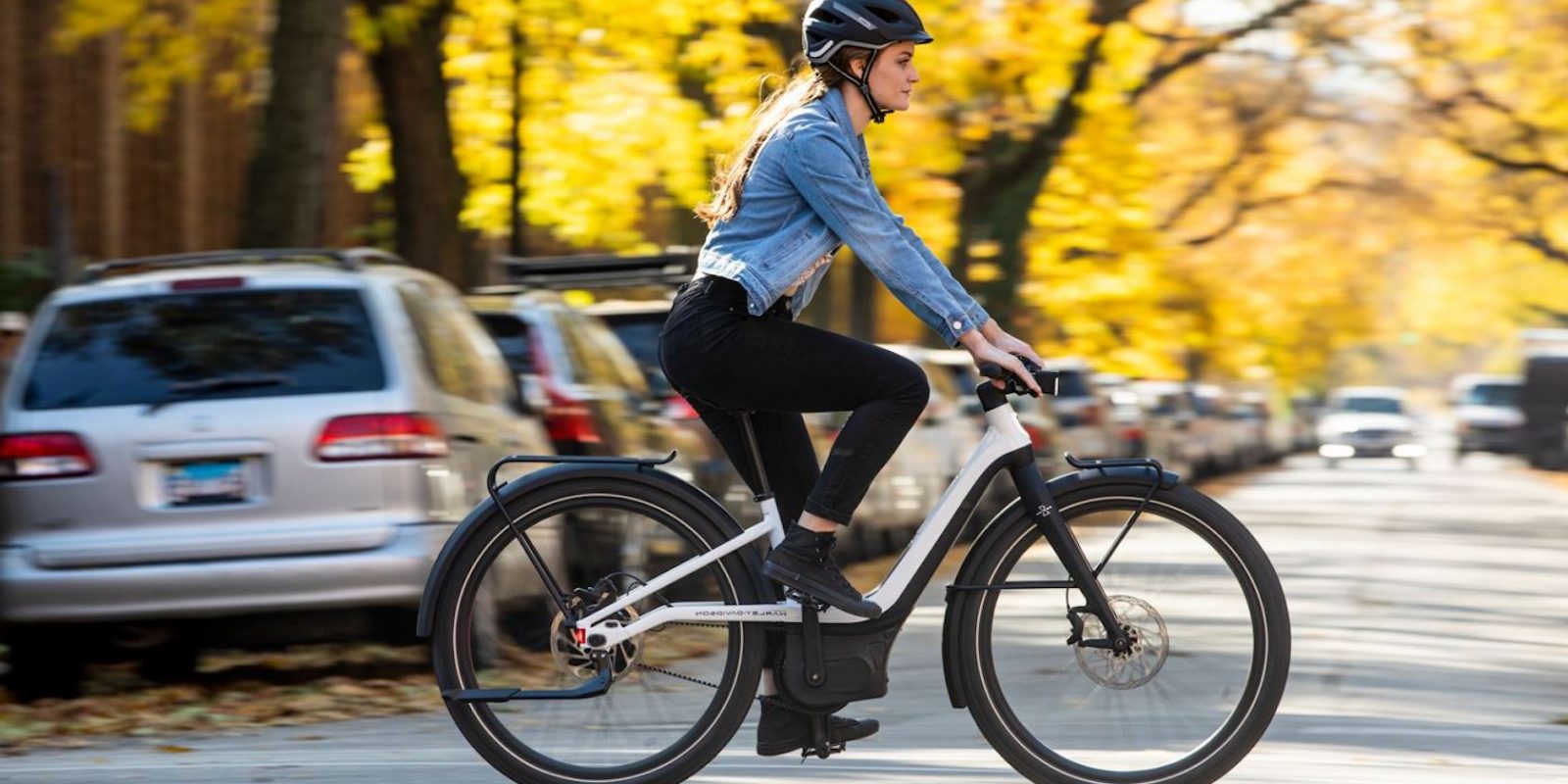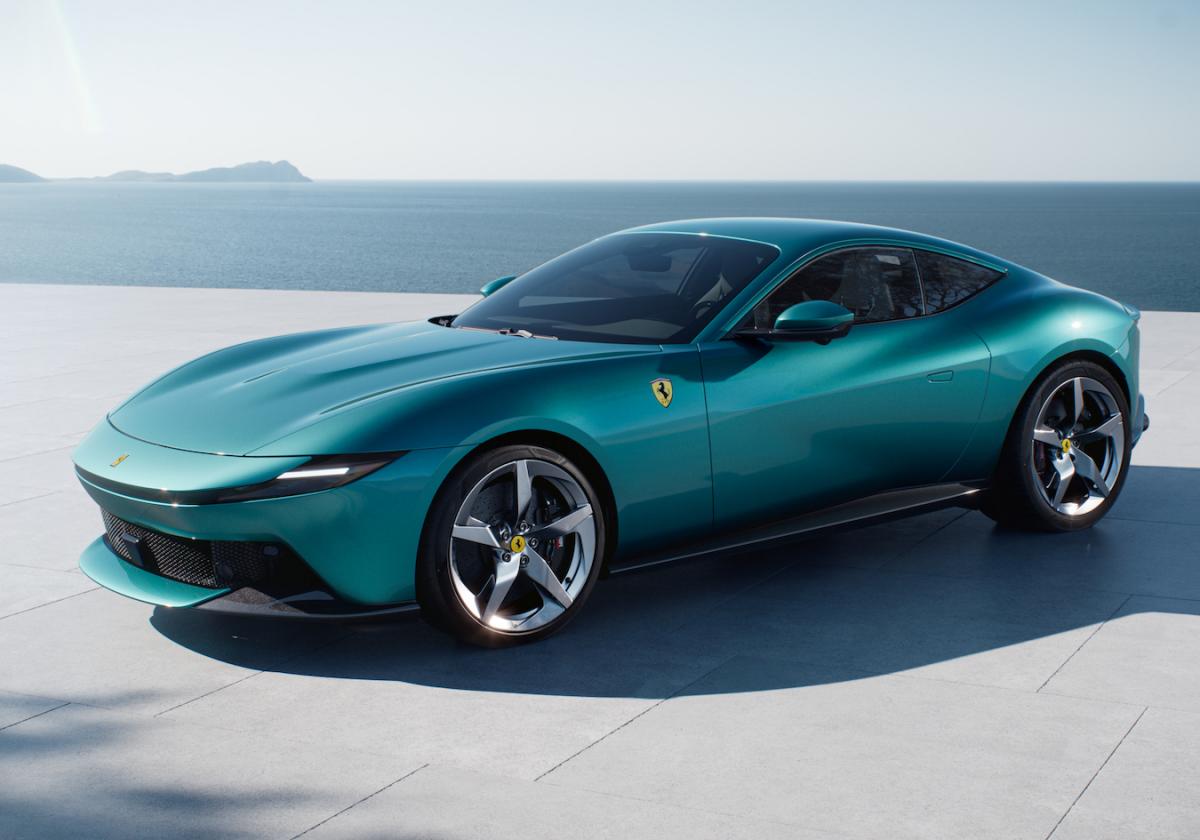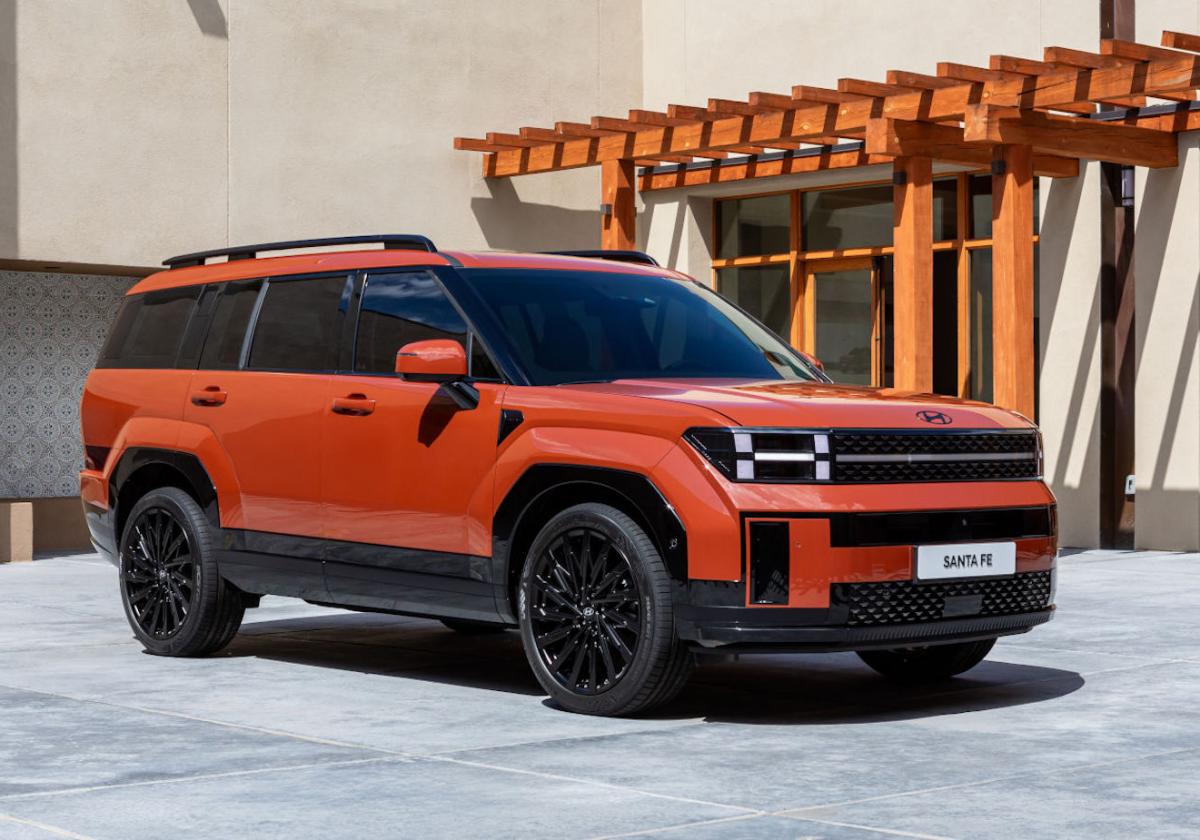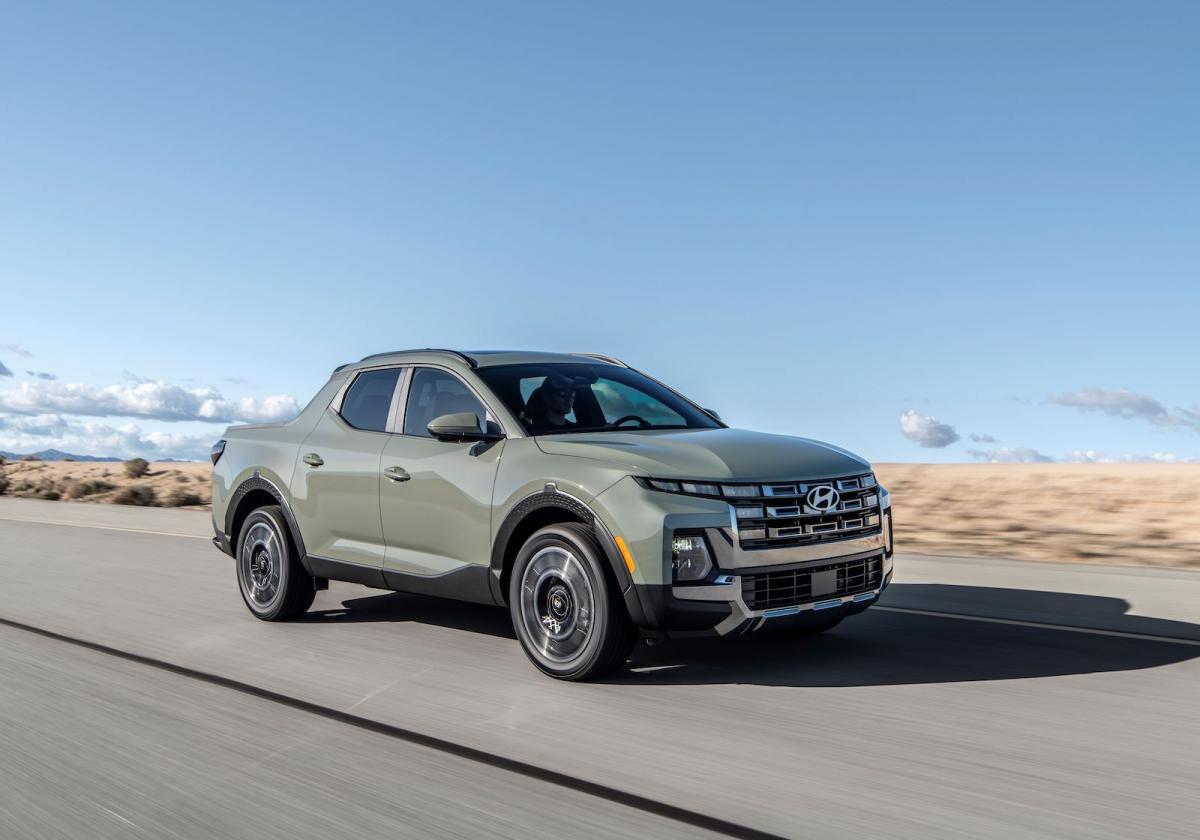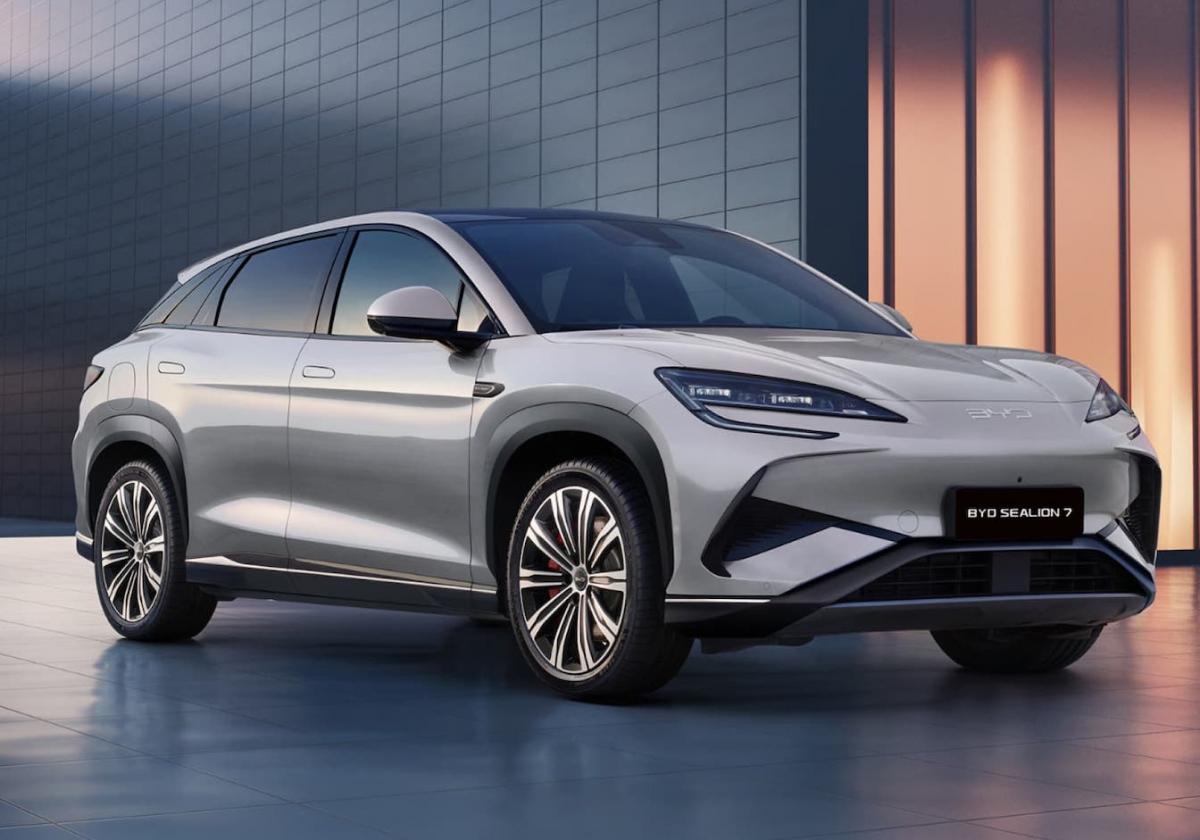E-bikes have finally been recognized on the national stage. Incentives programs for e-bikes have been either rolled out or proposed in about two dozen states nationwide, helping to bring down out-of-pocket costs — especially for lower-income buyers.
That’s according to data compiled by PlanRVA, which promotes cooperation on regional planning issues among Richmond, Virginia-area communities. E-bikes are faster and less physically demanding to ride compared to traditional bikes — not to mention cheaper and greener than cars.
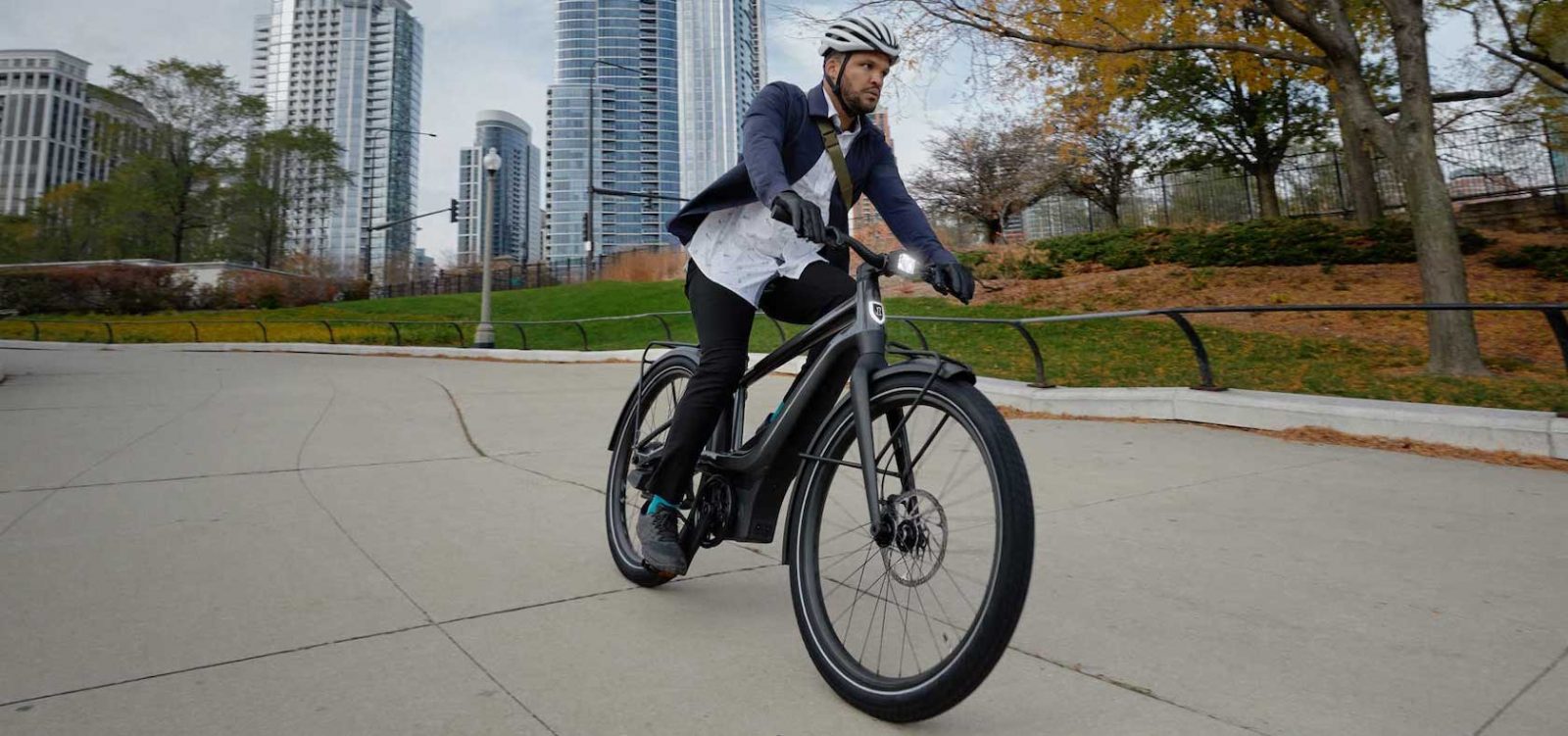
But they tend to be relatively expensive compared to regular non-powered bikes — sometimes double or triple the cost or more, depending on features.
Incentive programs, whether in the form of cash vouchers or tax rebates, can bring down those costs. Such programs are especially useful for lower-income buyers who can’t afford a car, but also helpful for those who simply don’t want a car, or want to replace some of their car miles with e-bike miles.
“You can do a lot of things with just $20,000-$25,000 including rebate programs,” says PlanRVA transportation planner Dan Motta. “We’re talking about changing people’s lives by helping them get around the community in a different way, or expanding their access to opportunity.”
Denver’s e-bike rebate program has been hugely successful, both in terms of stimulating adoption and slashing emissions. Similar programs are now underway in California, Connecticut, Oregon, and other states. Some are run by state or local governments, others by utility providers.
Other e-bike incentive programs are working their way through the legislative process in several more states and areas, including New York and Washington, D.C.
Such programs typically offer either a flat rebate or tax credit or one rebate level for families above a certain income threshold and bigger rebates for those below that threshold. The latter idea is meant to target a greater share of a rebate program’s overall budget at lower-income buyers.
While incentive programs are helping some people buy e-bikes, they’re not driving a notable spike in overall sales, says Levi Conlow, CEO of Lectric eBikes.
That’s in part because the “scale and size” of those programs is “pretty small” compared to the size of the overall market, he says. Conlow isn’t counting on such programs to drive sales — instead, he says he’s focused on keeping costs low while delivering a quality product.
Still, “the vouchers do a really good job for driving awareness because they get a lot of news coverage and they create a lot of conversation,” he adds. About 20% of trips using Lectric e-bikes would have otherwise been driven in a car, while 15% of Lectric’s customers sought out an e-bike as a car alternative, Conlow says.
In fact, e-bikes are facing some uphill battles. Some e-bike companies — most notably high-end manufacturer VanMoof — are struggling as interest rates rise and venture capital dries up.
Headline-grabbing battery fires meanwhile, are fueling skepticism about all manner of personal mobility devices, e-bikes included. Some cities are also struggling to integrate e-bikes into infrastructure meant for slower, traditional bikes.
OUR THOUGHTS
E-bikes have many merits, that is true. In a car-dependent nation like the US, e-bikes are starting to make headway as a vehicle replacement — helped along in part by incentive programs. If we set up our built environment, especially in cities, in more urban areas, e-bikes can be car trip replacers,” says PlanRVA’s Motta. But they too have issues. E-bikes can travel at speeds exceeding 20 mph which can make them a road hazard in some instances if not handled properly and local authorities need to deal with these issues.

